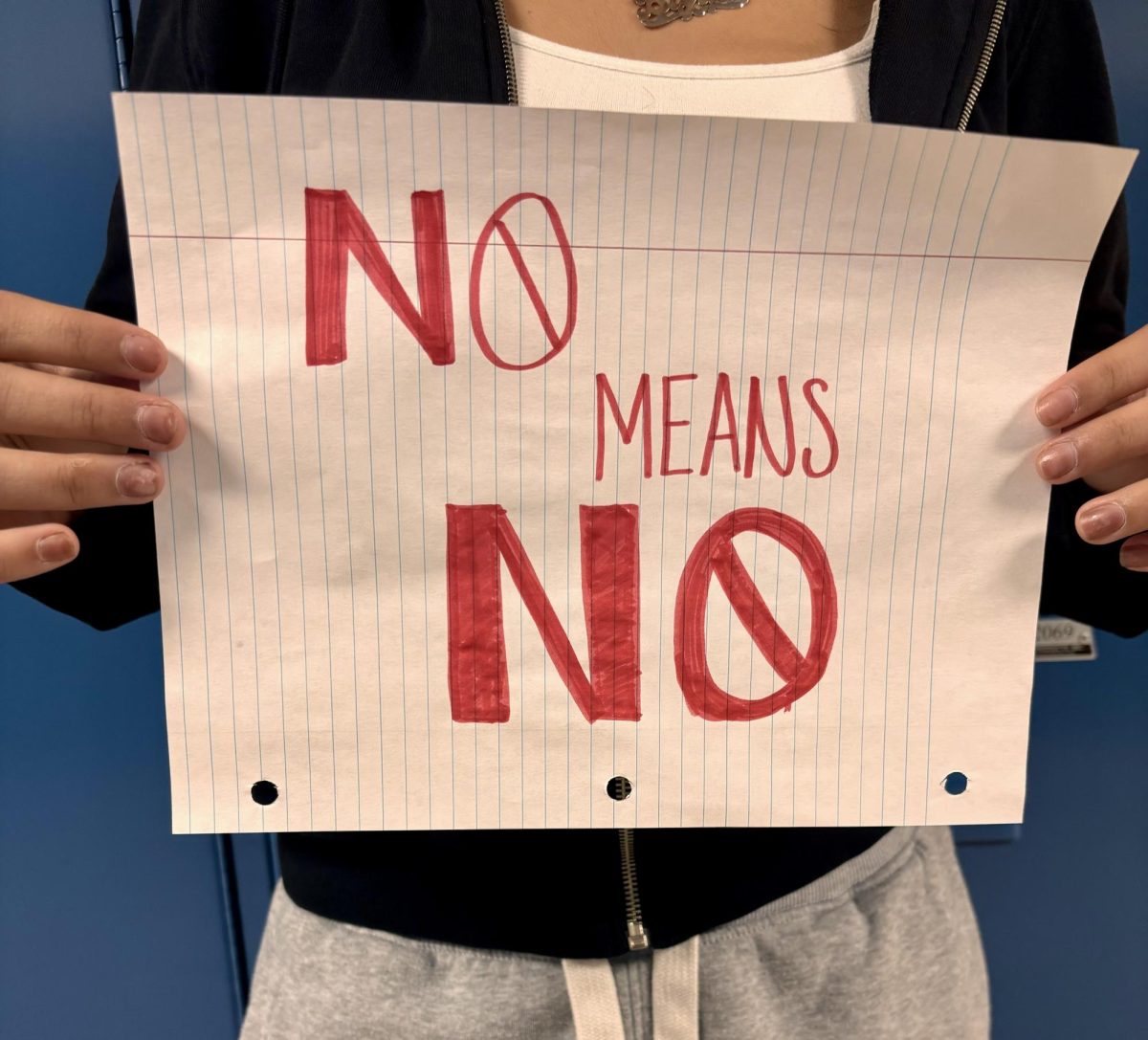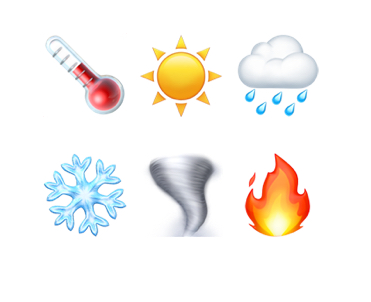Sexual assault is a struggle no one should face especially in the school setting. Education is a necessity that shouldn’t be interfered by such ignorance that’ll leave you scarred. Students have a right to learn and to be protected so nothing can halt their education.
What is Title IX?
Schools are required to protect students from sex-based harassment and sexual violence under Title IX, as interpreted by numerous court cases. Title IX obligates schools to ensure that sexual violence does not affect a student’s access to education.
On June 23, 1972, congress put Title IX in place, this federal law helps to further protect students against discrimination based on sexual crimes in schools. The Office for Civil Rights of the U.S. Department of Health, Education, and Welfare all administer Title IX.
In 2015, about 3.5 million students between grades 8-11 said that they had experienced “physical sexual contact from an adult” (most often a teacher or coach). The type of physical contact ranged from “unwanted touching of their body, all the way up to sexual intercourse.” When non-physical types of sexual misconduct are included, such as children seeing pornography or subjecting them to sexually explicit language, the statistic increases to about 4.5 million children or roughly 10 percent.
Why does Title IX matter to the people who have survived sexual violence?
Most assume Title IX ensures equal access to sports and protects students from sexual or inappropriate jokes. While both statements are true, Title IX does so much more for students across the United States.
Title IX helps preserve protections that keep students in school after experiencing sexual assault while in the classroom or school. Sexual abuse and sexual assault are both forms of sex discrimination. Title IX enshrines key protections that help students continue to live life in general. The university dropout rate drops from an average of 29.8 percent to 34.1 percent for students who experience sexual victimization. This just amplifies why it is so important to get victims the help they need, so they can survive as victims.
How Title IX helps the victim continue to live and finish school
After a student has experienced sexual assault they are more likely to struggle with grades/school work, their emotional being, and drop out or stop trying in school altogether. Even though students could access support from hospitals or police departments, Title IX uniquely provides survivors with accommodations. Resources include homework extensions, schedule changes, mental health counseling, GPA adjustments, and no-contact orders. In colleges: dorm changes and student loan counseling are all available.
Know your rights under Title IX as a student
The following behaviors fall under the law of sexual misconduct protected by Title IX: sexual harassment, sexual assault, dating violence, stalking, and gender-based harassment. Most schools include the notice in a handbook, code of conduct, or annual security report. Most schools should also include a downloadable copy on the school’s website.
How do people file cases?
Before investigation, Title IX requires all federally funded schools to draft, publish, and widely distribute a notice of non-discrimination. The notice should explicitly state the school’s position on gender-based discrimination in all school activities, including education programs, employment opportunities, and athletics. The notice must also include contact information for the school’s Title IX coordinator(s). The statement must be accessible to students, parents, employees, unions, and other parties involved.
If you are a victim of sexual assault, please contact the National Sexual Assault Hotline at 800-656-4673. The hotline is open 24/7 and is completely confidential.
Story continues below advertisement












